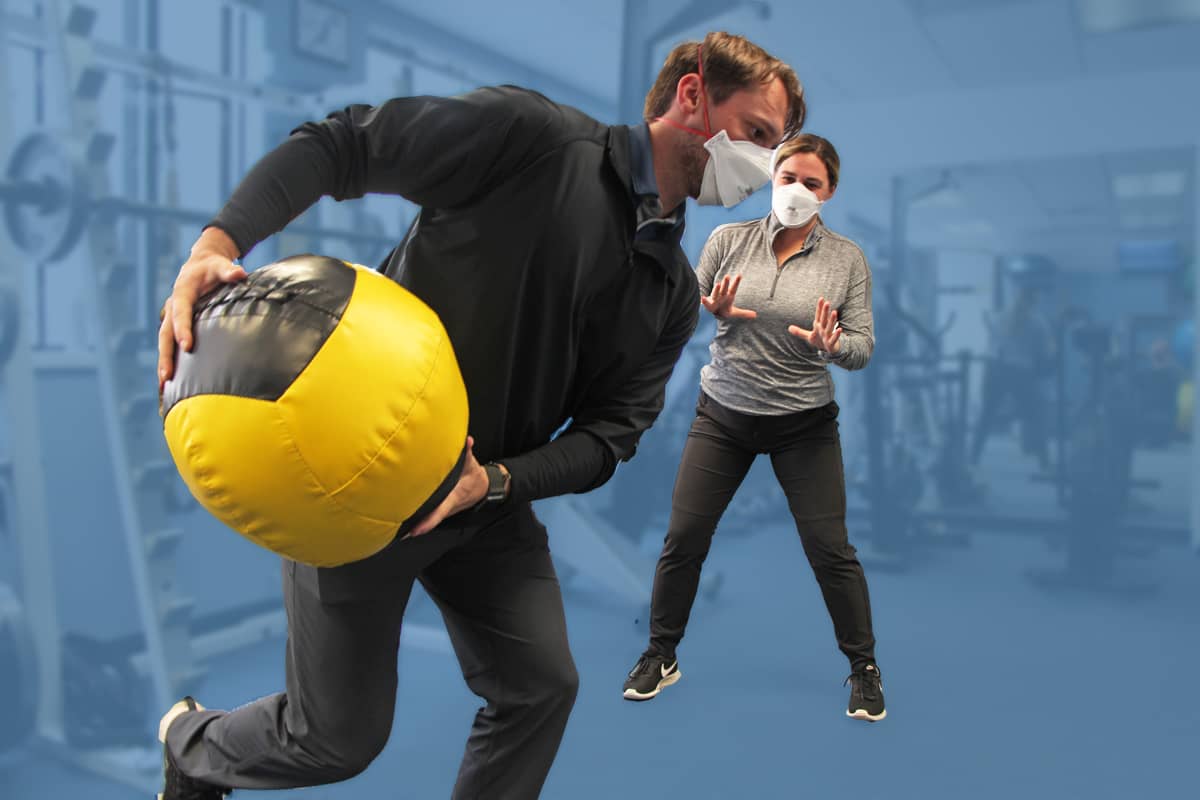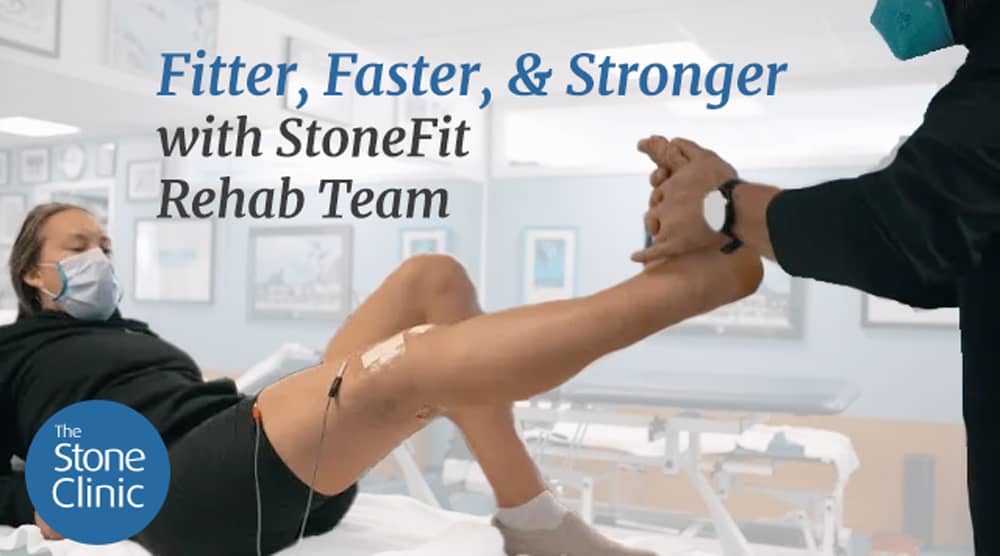What To Look For In A Physical Therapist
Physical therapy can be the key to rapid recovery from injuries, prevention of injuries, and relief of pain. Choosing an excellent physical therapist can make all the difference to a patient’s outcome. But just as with any profession, the level of competence varies amongst PTs. In fact, the range of quality is distressingly wide. To help you find a good physical therapist, here’s a guide to what we look for when hiring PTs, outlining the skills we expect them to bring to the patient and the doctor.

First, a physical therapist must have great interpersonal skills and truly love caring for patients. We look for like-minded people to join our team; people whose primary professional goal is to assist and inspire people to be better than they’ve ever been. To achieve this, each PT must have:
Great manual skills: Every successful PT uses their hands to mobilize, manipulate, produce motion, and improve function that the patient cannot accomplish merely by stretching, strengthening, or doing other sorts of exercises. The knowledge and application of these manual skills can set a PT apart. The use of hands mobilizes scar tissue in a fashion that leads to normal healing. Hands can sense areas of inflammation, pain, and motion restrictions. A great PT’s hands should be both powerful and gentle.
Great diagnostic skills: As an orthopaedic surgeon, I learn from my PTs. They provide information that I would never get from my exam alone. The PTs spend more time with patients, hear more candid information than the patient might tell me, and see issues from the perspective of their training. When we discuss patients before they are treated, the questions asked by the PTs illuminate subtle mechanical interactions that must be addressed to achieve a great outcome. After working with patients, the PTs' diagnostic skills often highlight factors contributing to the original cause of injury and help us design total body recovery and rehabilitation programs.
Great communication skills: Regular physical therapy appointments can be satisfying for both parties only if the information flow is smooth and informative. Also, the PT’s case discussions with me and the nursing team help keep us connected to the patient throughout their recovery time.
Appropriate fitness training: Physical therapy is more than just exercise undertaken to recover from an injury. Fitness training designed to actually avoid injury, during and after the recovery process, determines how likely it is that the patient will achieve “better than they were before they were injured” status. At our Clinic, incorporating CrossFit and other program principles has helped our elite athletes as well as our weekend warriors.
Great continuing education: We require our PTs to complete a number of classes and courses during their career. Ongoing education—with a variety of leaders in PT education—is crucial to staying at the top of the field. The primary focus is to stay up-to-date on manual therapy treatment techniques and theory, as well as the latest techniques in gait training, joint mobilization, orthotics and foot mechanics, and cervical and spinal mobilization skills.
Because our therapists have these skills, patients benefit physically, mentally, and spiritually, and my care for them is amplified to a level not possible without the team approach. The fact that we work together, in the same space, and discuss each patient before and often after treatments, makes our strategy efficient for our patients and a great experience for all involved. Few things are more satisfying than helping people not only recover but excel. Once a patient sees themselves as an athlete in training and not a patient in rehab then the lifetime journey of becoming fitter, faster, and stronger in order to play forever begins and never ends.
Article originally published March 26, 2015. Updated & republished February 5, 2023 by Kevin R. Stone, MD.
Book an Appointment with the StoneFit Rehab Team Here
In-person and virtual physical therapy sessions available

